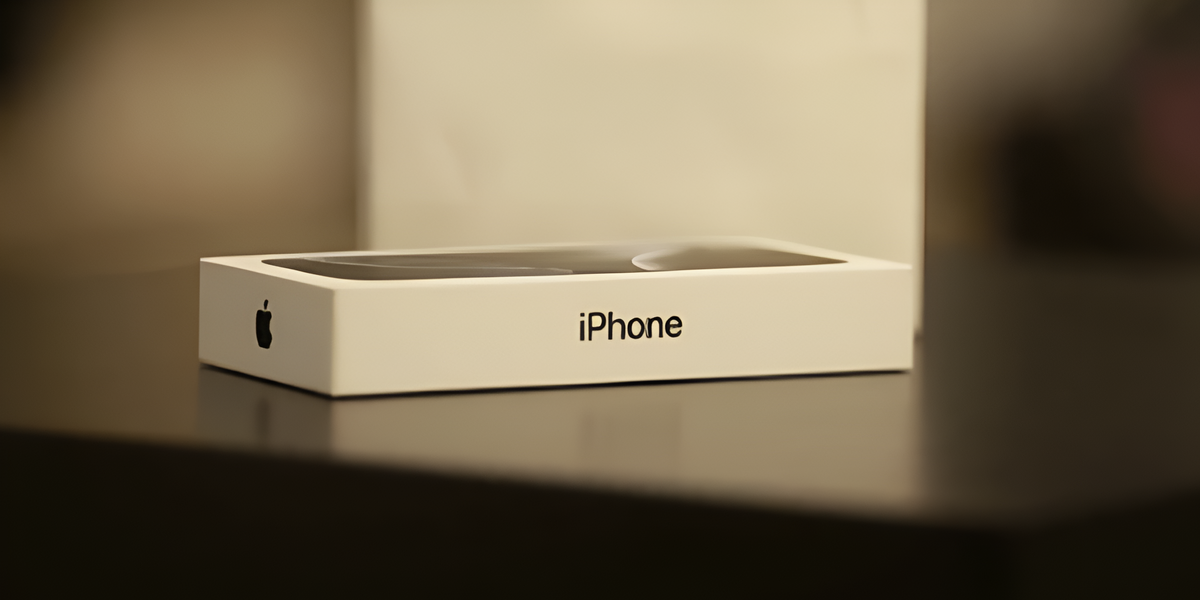Sodium-ion batteries are gaining attention as a more sustainable alternative to lithium-ion due to the relative abundance and low cost of this element. These batteries work in the same way as lithium-ion devices. A new study by scientists from Skoltech and Moscow State University. MV Lomonosov concentrated on the negative electrode called the cathode.
The team developed a new cathode material that promises a significant increase in energy density. This is sodium fluoride phosphate powder, which is also used by researchers in other countries. Scientists believe they have taken a big step forward by carefully fine-tuning the arrangement of atoms in dust.
The team placed and tested the new cathode material in a sodium-ion battery and found that it provides up to a 15% increase in energy density over current leading designs. Additionally, the new material could allow sodium-ion batteries to work in colder climates, the researchers said.
Source: Ferra










